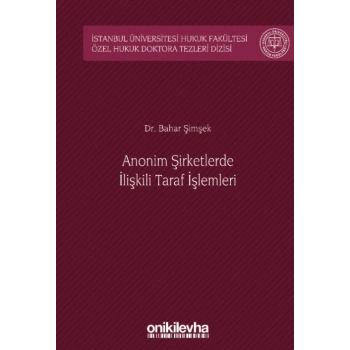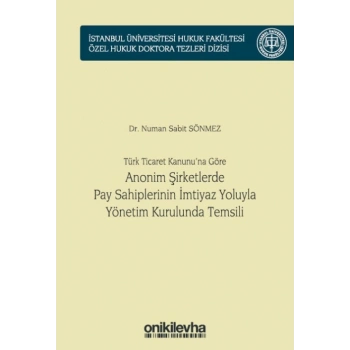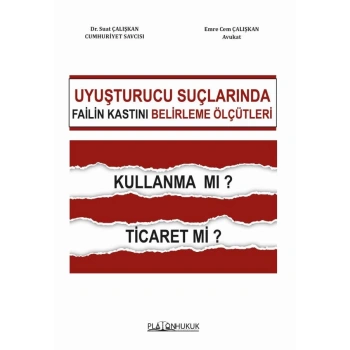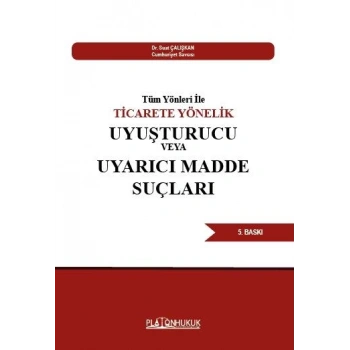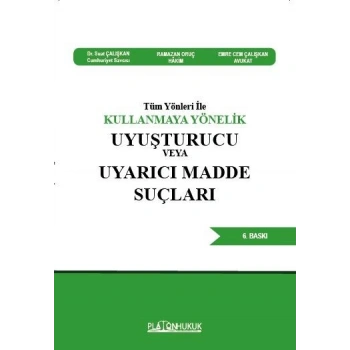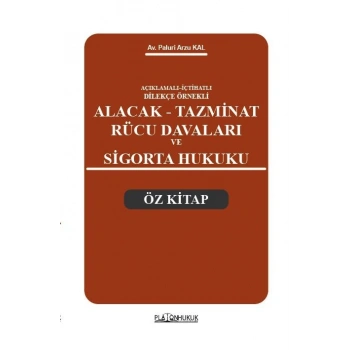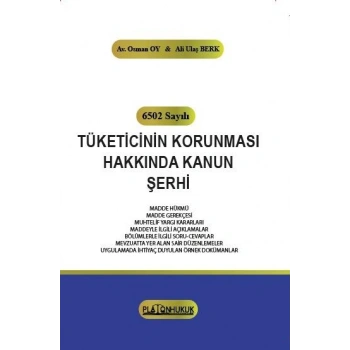The regulation of energy supply security represents a complex and evolving area of law, particularly in the context of the increasing integration of renewable energy sources. Contemporary energy markets are deeply interconnected and require a balanced and adaptive regulatory framework that addresses both conventional and renewable energy generation. While the long-term objective is the gradual phasing out of fossil fuels, existing energy systems continue to depend on them to ensure grid stability, particularly given the intermittent nature of renewable sources such as wind and solar, which often necessitate conventional backup to maintain supply reliability. Despite widespread consensus on the centrality of renewables in future energy systems, the transition toward a low-carbon energy framework remains impeded by significant regulatory shortcomings and coordination challenges. Realising a secure and sustainable energy future therefore demands more coherent, consistent and enduring regulatory interventions across all levels of governance. This book critically examines the roles of energy agencies and regulatory mechanisms operating at the global, regional and national levels, using Turkey as a case study, and assesses their current and prospective contributions to enhancing energy supply security and advancing the renewable energy transition.(ARKA KAPAKTAN)
İÇİNDEKİLER
CHAPTER 1
1. Introduction and Research Framework
1.1. Introduction
1.2. Statement of the current situation
1.3. Research objectives
1.4. Research questions
1.5. Concepts discussed
1.6. Research methodological framework
1.7. Significance of the research
1.8. Limitations of the research
1.9. General content
CHAPTER 2
2. Energy Regulation, Renewable Energy and Energy Agencies at the International Level
2.1. Introduction
2.2. The international regulations of the energy market
2.3. The necessity of renewable resources
2.4. Energy agencies and regulation
2.5. The EU's Russian energy relations
2.6. Conclusion
CHAPTER 3
3. European Union-Regulation of Energy Markets
3.1. Introduction
3.2. The historical development
3.3. Overall structure
3.4. The creation and establishment of an energy policy under the EEC
3.5. The provisions of the Lisbon Treaty on energy
3.6. The role of the EU institutions
3.7. The European Union energy agencies
3.8. The current position
3.9. The EU's external energy policy, the concept of solidarity
3.10. Conclusion
CHAPTER 4
4. Turkey: The Regulation of Energy Markets
4.1. Introduction
4.2. The historical development of Turkey's electrical and energy market
4.3. Turkey: the energy market, partners and relations
4.4. Turkey's renewable energy policy and challenges
4.5. The laws and policy documents with reference to current regulations relating to the security of supply
5. Conclusion
CHAPTER 5
5. General Conclusion
BIBLIOGRAPHY





